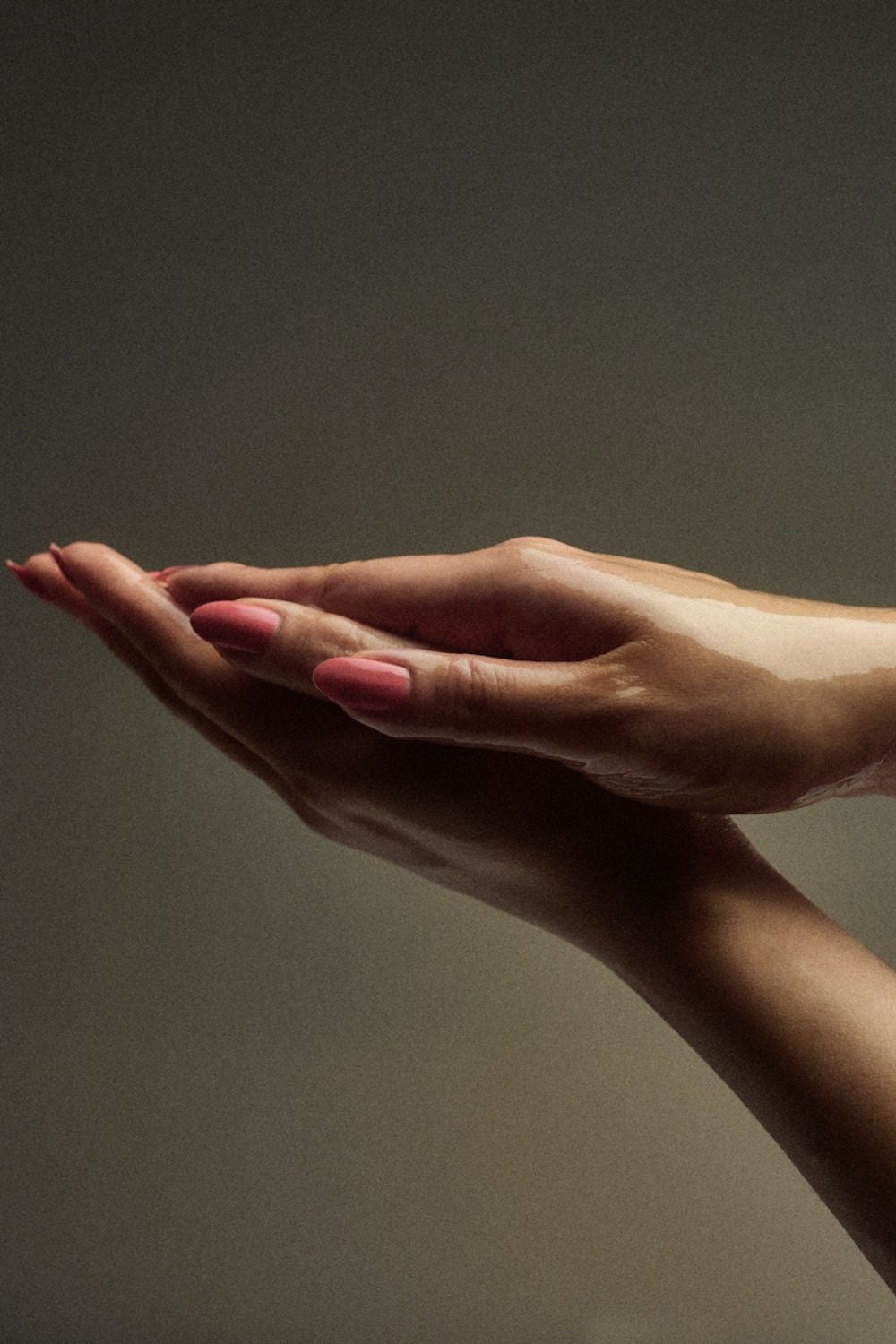UTIs and Sex: what's the connection and how can you prevent them?
By Dr Claire Giuliano
Your cart is currently empty.

By Dr Claire Giuliano
A urinary tract infection (UTI) is an infection of any part of the urinary system. This most commonly occurs in women within the bladder, but can also include the ureters and the kidneys in more serious infections. UTIs are usually very uncomfortable and can cause pain, especially during urination or sex. UTIs are caused by bacteria entering the urinary tract, usually coming from neighboring skin or the rectum. UTIs are commonly treated with antibiotics but sometimes have different methods of treatment depending on your healthcare practitioner. In rare cases, a UTI can go away on its own, but if left untreated the symptoms may linger longer and have long-term unwanted effects.


Sex is the #1 cause of UTIs, so it is important to be aware and know how to avoid UTIs after intercourse with good hygiene practices. During penetrative intercourse, friction in the vagina can push bacteria toward the urethral opening, which can lead to an unwanted infection. You may have heard your friends saying "don't forget to pee after sex!". This is good practice because it can help flush bacteria out of the urethra following sex. Taking a shower after sex and using water to gently clean out the genitals can also help omit bacteria from the urethral opening.
If a UTI manifests after intercourse, symptoms usually show up two days later. If this occurs, make sure to see a doctor who can perform a urine culture test. Sex should be avoided until you are symptom-free and have finished prescribed antibiotics. Symptoms alone cannot definitively determine a positive UTI, so make sure you have a proper culture test from your healthcare practitioner.
Bacteria from the rectum commonly cause UTIs when it enters the urethra. This can be avoided by wiping front to back after urination or bowel movements for good hygiene practice.
Bacteria live and thrive on sugar. If you are prone to UTIs then a moderate to high amount of dietary sugar can easily lead to the progression of a UTI. Reducing and eliminating sugar from your diet has benefits beyond just reducing UTIs. Reducing sugar can also improve mood, metabolism, and dental hygiene.
While a female diaphragm can be a good non-hormonal birth control option, if you are prone to UTIs then this is not a recommended contraceptive. A female diaphragm can be a host for bacteria which may increase the risk for UTIs.
Big growth changes occur during pregnancy, most notably the growth of the uterus. The uterus sits on top of the bladder, and as this change manifests it can cause pressure on the bladder which can lead to urine retention. The longer urine sits in the bladder, the high the chance of developing a UTI.
For the same reason as above, if urine is retained in the bladder there is a higher chance of bacterial growth which can lead to a UTI.


UTIs are not normal! If you are frequently having UTIs you should consult with your doctor to find the root of what is causing your UTIs. Remember that only a bacterial culture collected and tested by your healthcare provider can give you a positive diagnosis of a UTI. If you are having UTI-like symptoms but receiving negative cultures, this is commonly caused by hypertensive pelvic floor muscles and you should consult with a pelvic floor therapist.
Following good hygiene practices is key for warding off bacteria in unwanted areas such as the urethra. Practicing good bladder habits by urinating every 2-4 hours will help to avoid urine retention and keep the muscles of the bladder working properly. Showering daily and only using water around the vulva and the vagina is of paramount importance. Soap should never be used on the vulva as this can disrupt the pH balance of the tissue and create an environment that is prone to infection.
The best thing to do when you have a UTI is consult your MD. They will be able to provide you the care and advice needed to treat the UTI and return you to comfortability in no time. If you are searching for some natural relief our range of Momotaro Apotheca products is a great place to start.